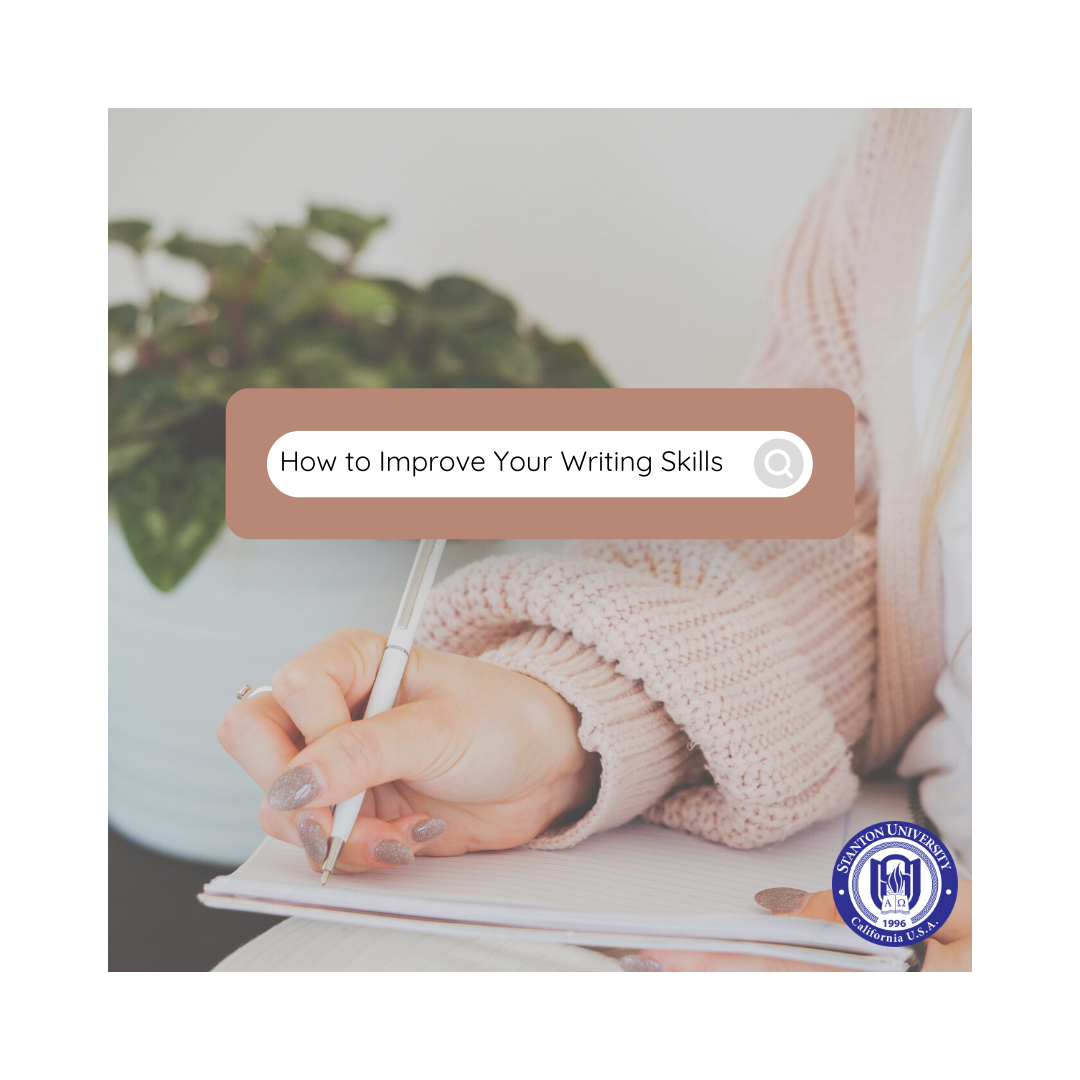Effective and impactful written communication is at the foundation of success in virtually every professional and academic endeavor. The written word can be used to close a million-dollar contract or to lose a previously loyal customer. There is virtually no limit to what the written word can accomplish. Unfortunately, anecdotally, there appears to be less emphasis on preparing our students to write in a powerful, succinct, and influential manner. Here are three ways that you can use to improve your writing skills.
- Read. Stephen King once said, “If you don’t have the time to read, then you don’t have the time to write.” Musicians listen to other musicians’ music. Artists look at other artists’ paintings. Why should writing be any different? When you read with an eye towards improving your own writing, pay close attention to how the author uses their words, sentences, and paragraph. What works? What doesn’t work? Take notes and apply the lessons to your own writing.
- Edit. Ernest Hemingway once said, “The first draft of anything sucks.” Too many writers are too insecure or too lazy to edit their own work. Editing is not an option, it is a necessary part of the writing process. Slow down on considering a work complete. Take the time to read, re-read, and edit your content. This is as true of a one-paragraph email as it is a thousand-page tome.
- Get to the point. One of the most common writing flaws in inexperienced writers is their tendency to be verbose. The best writing is simple, succinct, and focused. Contrary to popular belief, and related to the guidance regarding editing, your first draft is unlikely to be as direct as you ultimately want the finished product to be. Mark Twain said, “Please excuse the length of this letter, as I did not have the time to make it shorter.” It takes much more work to create a succinct piece of writing than a long one. Developing that skill takes practice, patience, and more practice.
Writing is a craft that takes honing to master. Great writers aren’t born, they are developed through painstaking efforts of writing, re-writing, editing, and reading the works of others. That’s the bad news. The good news is that virtually anyone can become a successful and impactful writer if they are willing to practice, practice, and then practice some more.

